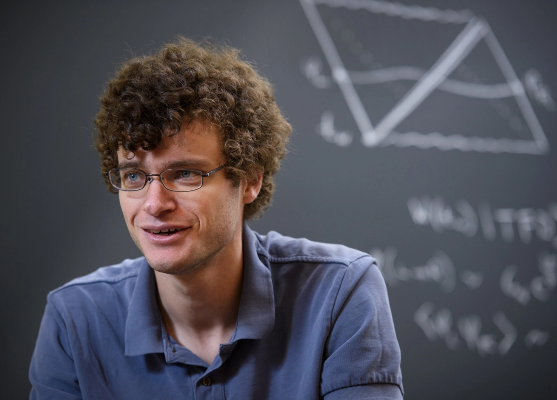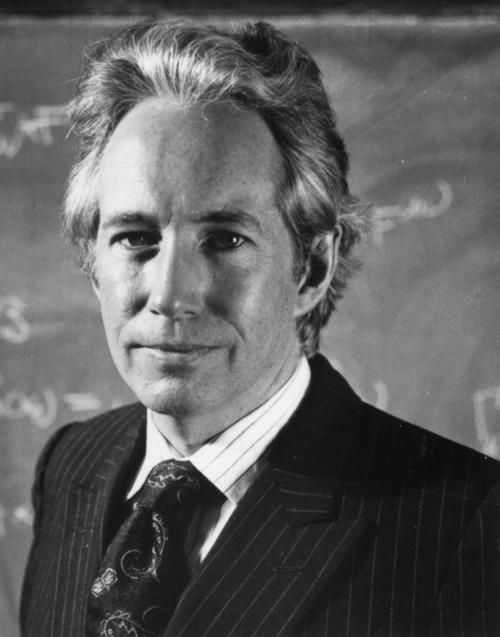

Public Lecture
Black Holes and Quantum Teleportation
Douglas Stanford
Stanford University
Wed, Aug 24, 5:30–6:30pm
Come and learn about “Black Holes and Quantum Teleportation” with Douglas Stanford, Stanford University, Wed, Aug 24 at 5:30pm at the Aspen Center for Physics. Black holes are incredibly powerful objects, but high-energy theoretical physicists are interested in them for a different reason — because they are ordinary quantum systems in disguise. In this talk, we will see how black holes carry out a basic protocol of quantum computation by teleporting information through a wormhole. Douglas Stanford is an Associate Professor at Stanford University. He works on quantum gravity and its connection to quantum mechanics, mostly in the context of black hole physics.

About Douglas Stanford
Douglas Stanford is an Associate Professor at Stanford University. He works on quantum gravity and its connection to quantum mechanics, mostly in the context of black hole physics. He got his Ph.D. from Stanford University in 2014. From 2014-2019 he worked at the Institute for Advanced Study at Princeton as a post-doctoral researcher. Stanford was awarded the 2018 New Horizons in Physics Prize by the Fundamental Physics Prize Foundation for his work on improving the understanding of quantum mechanics of black holes via chaos theory. Learn more about Douglas here.
Heinz R. Pagels Public Lecture Series
Heinz R Pagels was a professor of physics at Rockefeller University, president of the New York Academy of Science, a trustee of the Aspen Institute, and a member of the Aspen Center for Physics for twenty years, serving as a participant, officer, and trustee. He was also President of the International League for Human Rights. His work on chaos theory inspired the character of Ian Malcolm in the Jurassic Park book and movies. A part-time local resident, Professor Pagels died here in a mountaineering accident in 1988. His family and friends instituted the lecture series in his honor because he devoted a substantial part of his life to effective public dissemination of scientific knowledge.



